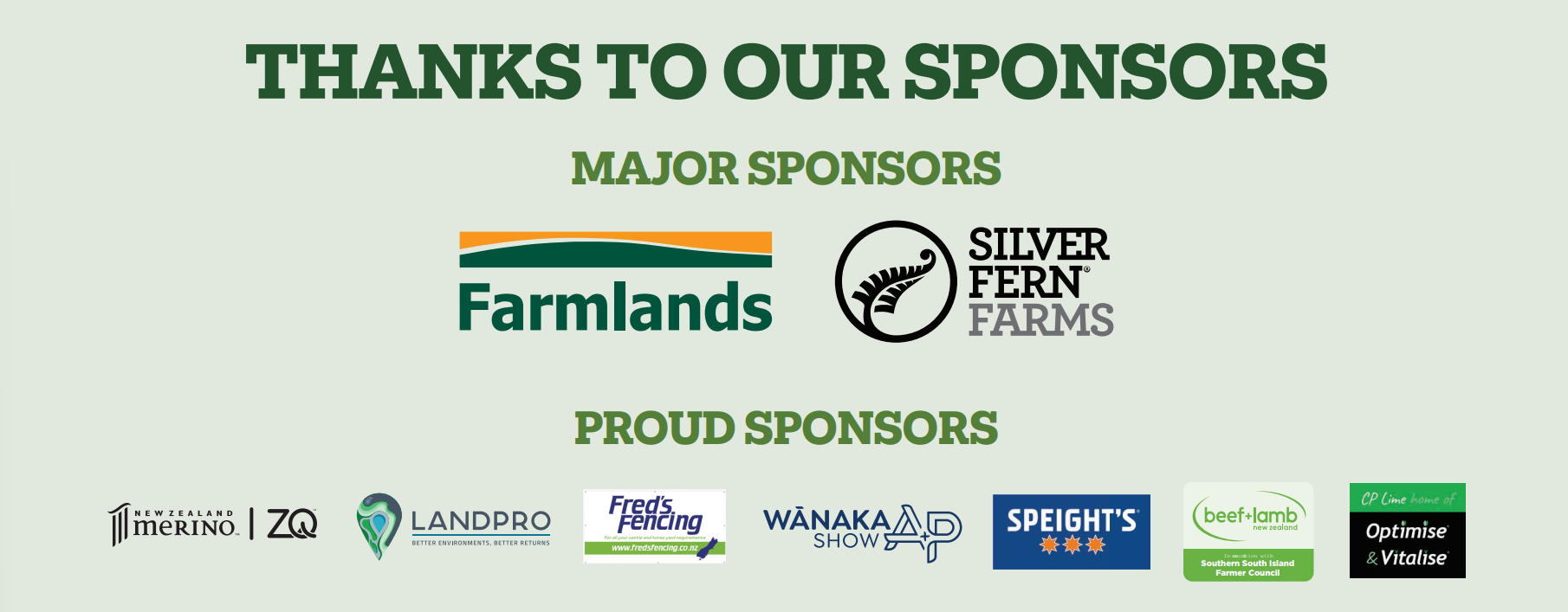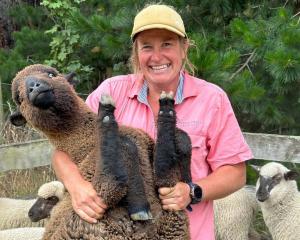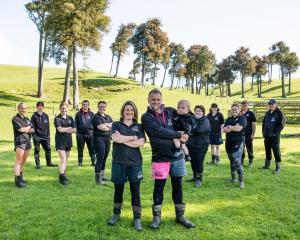
When opportunities for leadership in the rural sector have presented themselves, he has taken them.
The nomination for Simon said he works tirelessly for the good of the local and national farming community.
He chairs the South Otago River Care catchment group and the Clutha Development Trust.
"Despite sheep farming being a tough gig at the moment, Simon still puts his hand up to lead organisations that work for the collective good.
"Our community absolutely needs people like Simon to take the lead.
He is always well-prepared, punctual and inclusive," it said.
Simon farms 8500 stock units on 1000ha of effective land with his two daughters and wife Jo at Toko Mouth.
He was encouraged into governance by the late Terry Brosnahan, editor of Country-Wide for many years.
"We were at an AGM of some kind, I guess I was asking my fair share of questions.
"I have always figured that if I am questioning something in my head, then chances are other people in the room are thinking it too, and I have no trouble being that person who speaks up.
"Terry came up to me afterwards and asked if I was journalist and when I said I wasn’t, I was just a passionate sheep farmer, he said I should think about using my skill set in a governance role."
Heeding Terry’s advice, Simon underwent a leadership course sponsored by Federated Farmers and 18 months later became president for the Otago branch.
Simon said governance roles were not for everybody.
"It can be dull, dreary policy work but it’s critically important. It’s a lot of work that gets you little recognition and can be thankless.
"You need passionate people in these roles advocating for the industry so that people higher up the chain making decisions about agriculture in this country fully understand.
"Being the farmer’s voice is so important and I have made it my mission to offer pragmatic, solution-focused options."
Despite being open to new governance roles in the industry, he didn’t get them all, he said.
"I don’t play games to get the job which sometimes means I don’t always succeed, I won’t compromise when it comes to maintaining my integrity, accountability and honesty."
Calling a "spade a spade", he has developed his leadership style over time.
"I have probably dampened down my blunt approach over the years."
Communication is the most important aspect of any form of leadership, he said.
"It is key. It develops relationships and gives people the ability to question things.
"Informed people are always more useful than uninformed people," he said.
















